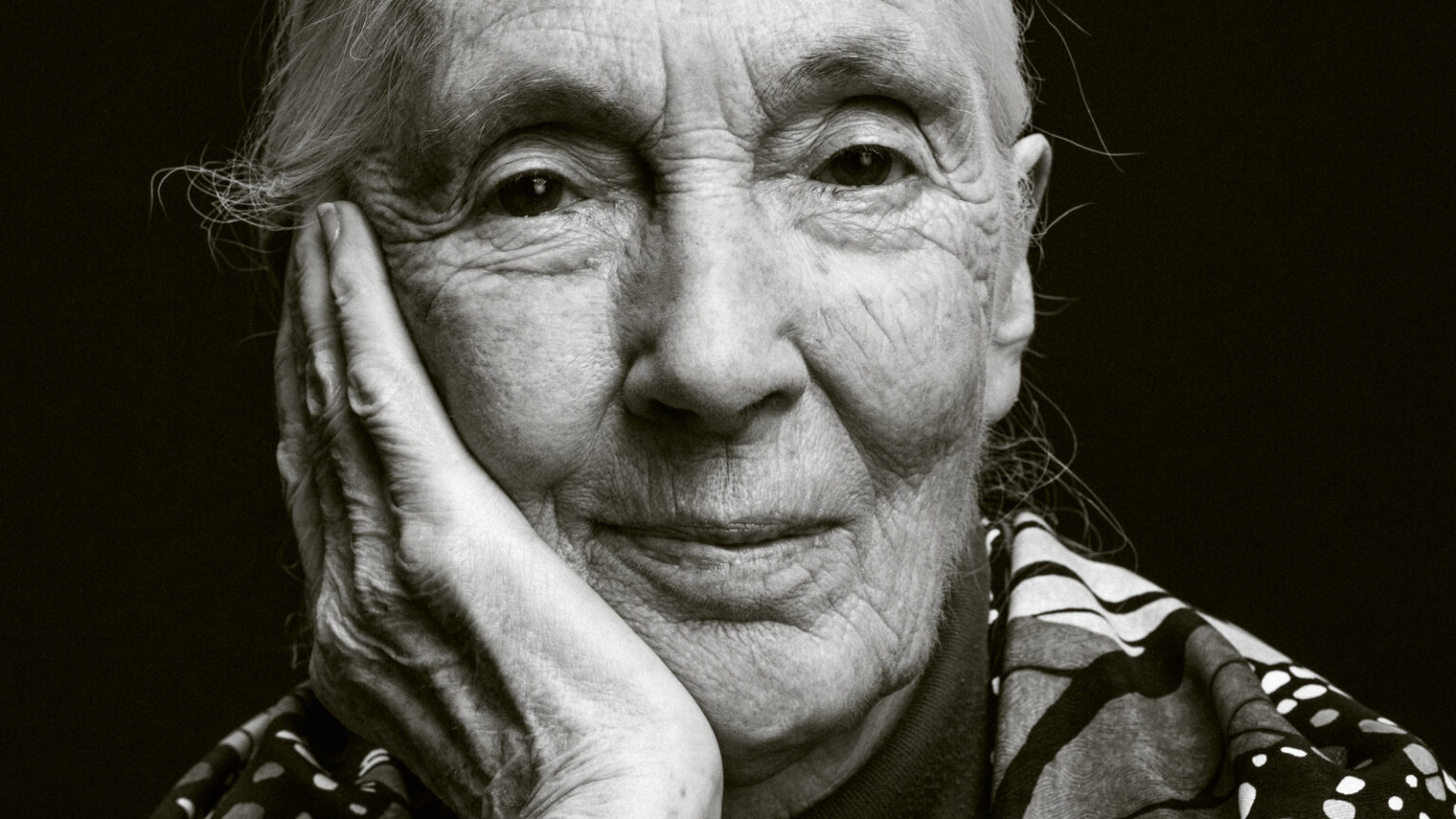Introduction
Dr. Jane Goodall is a renowned primatologist, anthropologist, and animal rights activist who has dedicated her life to studying chimpanzees in the wild. She is a pioneer in the field of primatology and has revolutionized our understanding of animal behavior, particularly among primates. In this article, we will delve deeper into Dr. Jane Goodall’s life, career, and contributions to science and animal welfare, exploring the impact she has had on the scientific community and the world at large.
Early Life and Education
Dr. Jane Goodall was born in London, England, on April 3, 1934. As a child, she was drawn to animals and spent much of her time observing them. She was particularly interested in the behavior of primates, which would ultimately lead her to a career as a primatologist. After graduating high school, Dr. Goodall worked as a secretary for a documentary filmmaker. During this time, she saved up enough money to fulfill her dream of traveling to Africa to study animals in the wild.
In 1960, Dr. Goodall received a grant from renowned anthropologist Louis Leakey to study chimpanzees in Tanzania’s Gombe Stream National Park. She was the first person to conduct a long-term study of chimpanzees in the wild, which allowed her to observe their behavior and interactions with one another in their natural habitat. Her research quickly made her a pioneer in the field of primatology.
Career and Contributions to Science
Dr. Jane Goodall’s research at Gombe Stream National Park was groundbreaking. Over several years, she observed and documented the behavior of the chimpanzees, building relationships with them and earning their trust. She discovered that chimpanzees have complex social lives, can use tools, and have distinct personalities. Her research challenged the long-held belief that only humans were capable of such behaviors.
Dr. Goodall’s contributions to science have been significant, and her research has had a profound impact on our understanding of animal behavior. Her work has shed light on the complexity of chimpanzee societies and has provided valuable insights into our own evolutionary history. In addition to her research, Dr. Goodall has also been a vocal advocate for animal welfare. She has campaigned against the use of animals in entertainment, such as circuses and zoos, and has worked to improve the treatment of animals in captivity.
The Jane Goodall Institute
In 1977, Dr. Goodall founded the Jane Goodall Institute, which works to protect chimpanzees and their habitats, promote conservation, and improve animal welfare around the world. The institute’s programs include habitat restoration, conservation education, and research initiatives. It also operates a youth program, Roots & Shoots, which encourages young people to become involved in conservation efforts in their communities.
Awards and Honors
Dr. Jane Goodall’s contributions to science and animal welfare have been widely recognized. She has received numerous awards, including the Kyoto Prize in Basic Sciences, the Tyler Prize for Environmental Achievement, and the Prince of Asturias Award for Technical and Scientific Research. In 2002, she was appointed a UN Messenger of Peace, and in 2003, she was named a Dame Commander of the Order of the British Empire. Her work has had a profound impact on the scientific community, the animal welfare movement, and the world at large.
Conclusion
Dr. Jane Goodall’s groundbreaking research and tireless advocacy for animal welfare have left a lasting legacy. Her contributions to science and her advocacy for animal welfare have inspired generations of scientists, animal lovers, and conservationists. Her work has led to a greater understanding of animal behavior and her dedication to protecting chimpanzees and their habitats has helped to raise awareness about the importance of conservation and animal welfare.
Read More Articles on BuzzerTips


